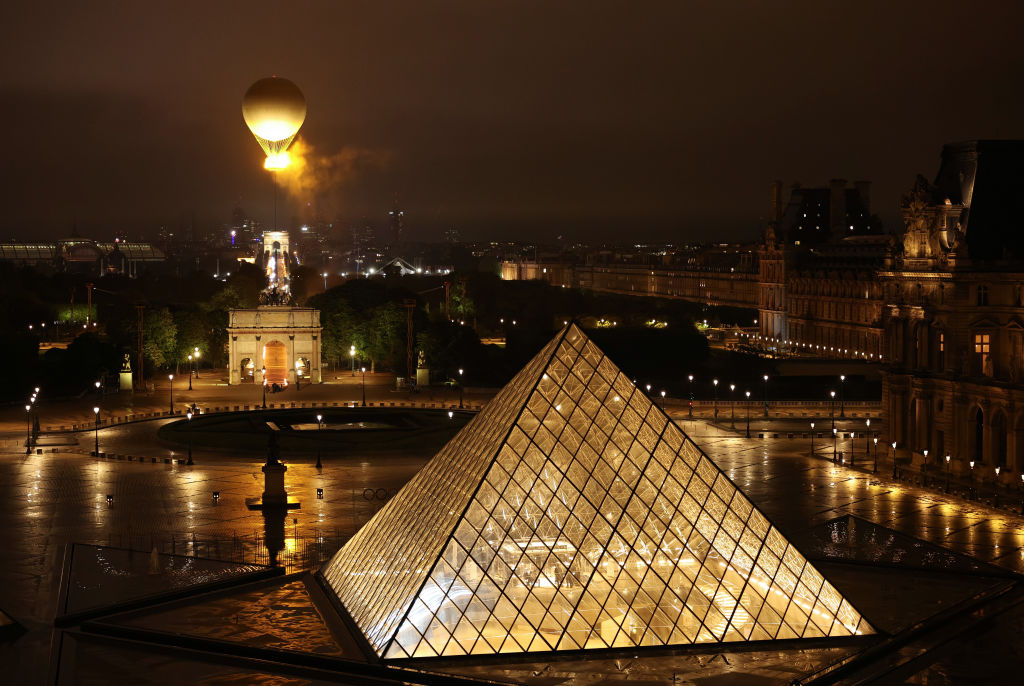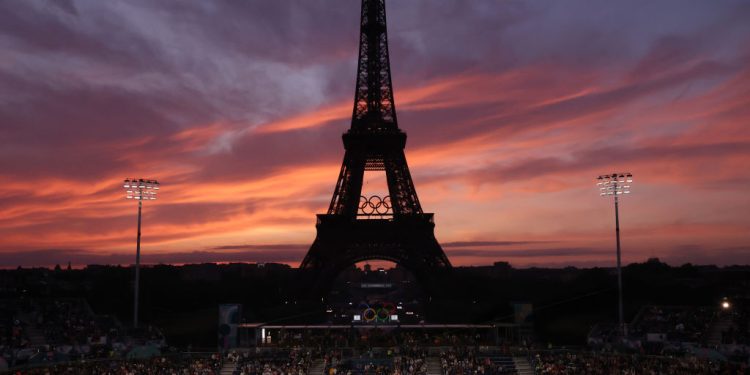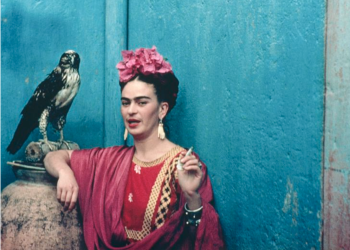ROME – Representatives of the Paris 2024 Olympics Committee have apologized to those offended by a drag parody of the Last Supper during the opening ceremony. They emphasized that their intention was to promote inclusion and celebrate diversity.
But online the reactions are far from taking the ceremony as such. Online searches turn up comments like below on Google Search.
The world watched in disbelief as the Paris Olympics took a controversial turn with its performance lineup. A drag performance involving children, apparently reimagining The Last Supper is being widely condemned as “hyper-sexualised” and “blasphemous” by online critics.
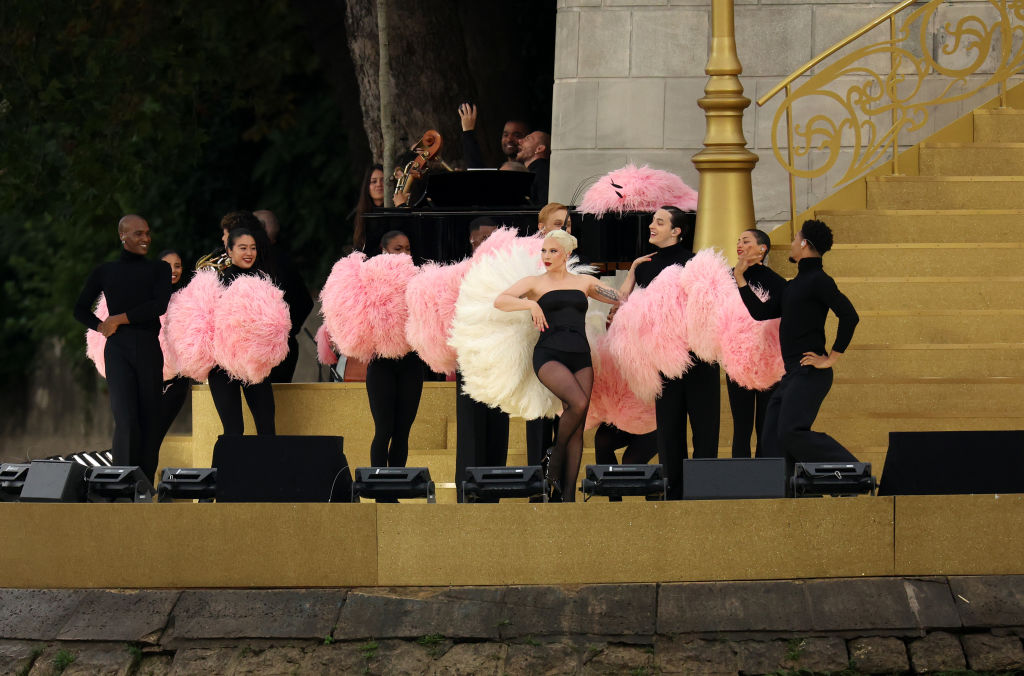
Anne Descamps, spokesperson for Paris 2024, addressed the controversy during an International Olympic Committee news conference on Sunday.
She stated, “Clearly there was never an intention to show disrespect to any religious group.” She added, “On the contrary, with Thomas Jolly, we aimed to celebrate community tolerance. Based on our poll results, we believe this ambition was achieved. If people have taken any offense, we are, of course, really, really sorry.”
Thomas Jolly, the ceremony’s artistic director, remarked to the Associated Press that the event aimed to celebrate diversity and honor feasting and French gastronomy. He said, “My wish isn’t to be subversive, nor to mock or to shock. Most of all, I wanted to send a message of love and inclusion, not division.”
The apology follows a backlash from Catholics, other Christian communities, atheists, and members of other faith groups in response to the July 26 opening ceremony. The event featured scantily clad men in drag dancing provocatively while parodying the Last Supper. At one point, a man’s genitalia was exposed while a little girl stood nearby, in front of a table resembling the one in Da Vinci’s painting.
Catholic leaders worldwide, including the French bishops conference and two Vatican officials, condemned the incident. Archbishop Charles Scicluna of Malta, an adjunct secretary of the Vatican’s Dicastery for the Doctrine of the Faith, formally complained to the French ambassador to Malta, encouraging others to do the same.
C Spire, a Mississippi tech company, pulled its advertisements from the 2024 Paris Olympics after perceiving a display during the opening ceremony of the games as a mockery of Leonardo da Vinci’s “The Last Supper.”
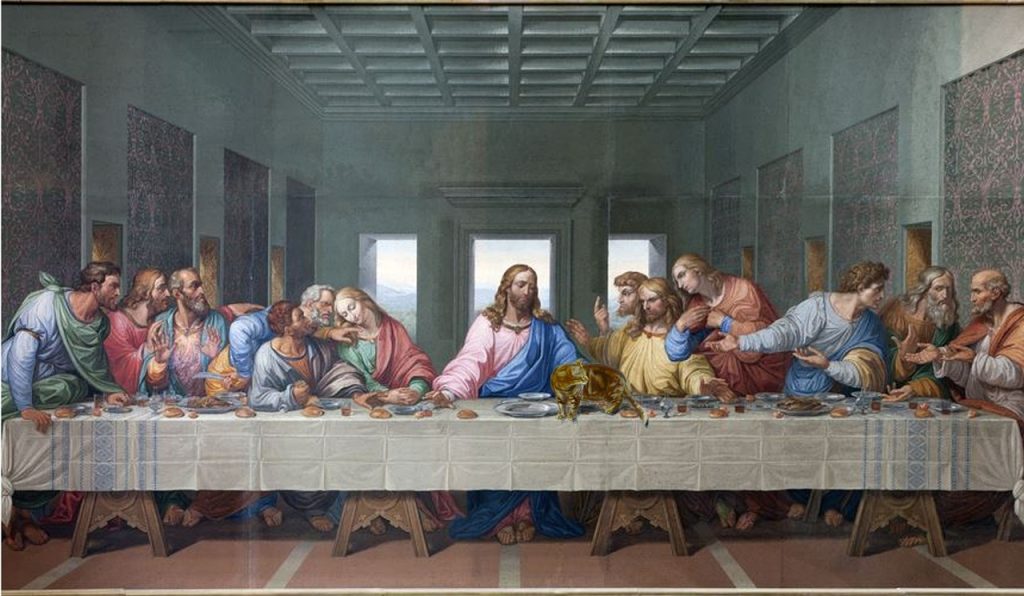
Some commentators, including Jolly, argued that the performance was inspired by the feast of Dionysus, rather than the Last Supper, as a nod to the Greek roots of the Olympic Games. However, artists involved in the parody confirmed via social media and press comments that the performance intended to mimic Leonardo da Vinci’s painting.
Barbara Butch, who portrayed Jesus in the parody, said the opening ceremony aimed to unite people. On Instagram, Butch described herself as a “Love activist” and posted a now-deleted image of the parody above Da Vinci’s original, captioned, “Oh yes! Oh yes! The new gay testament!”
This was an obvious attempt to subvert the culture of Christianity which has been around for thousands of years. Even the ancient Greeks would have probably had issues with this “so-called” depictions of their own history and culture.
Despite the apology, many Catholic leaders and commentators felt it was insufficient. Bishop Robert Barron of Winona-Rochester, Minnesota, criticized the apology in a July 28 video, calling it “anything but an apology.” He argued that the performance was clearly offensive to Christians and that the committee’s apology was condescending.
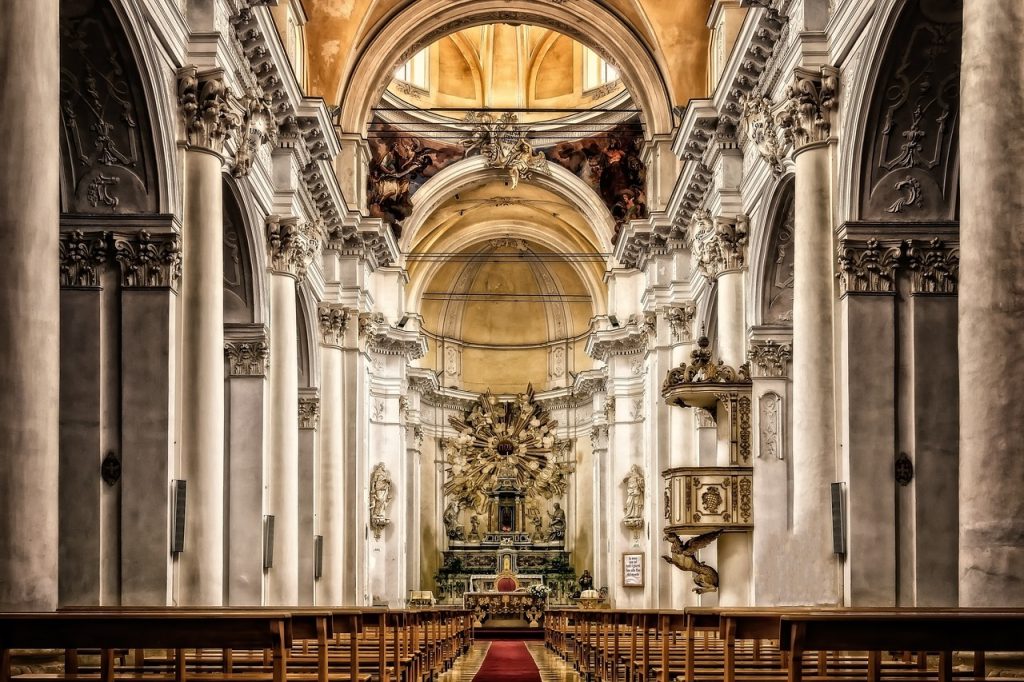
The German Bishops’ Conference also criticized the organizers’ explanation, noting that the Last Supper parody occurred well before a subsequent scene referencing Greek mythology. They emphasized the need for critical comments when artistic representations affect core religious beliefs and sensibilities.
The bishops expressed hope that future events would focus on sports and athletes, promoting fair competition and peaceful understanding between cultures.
